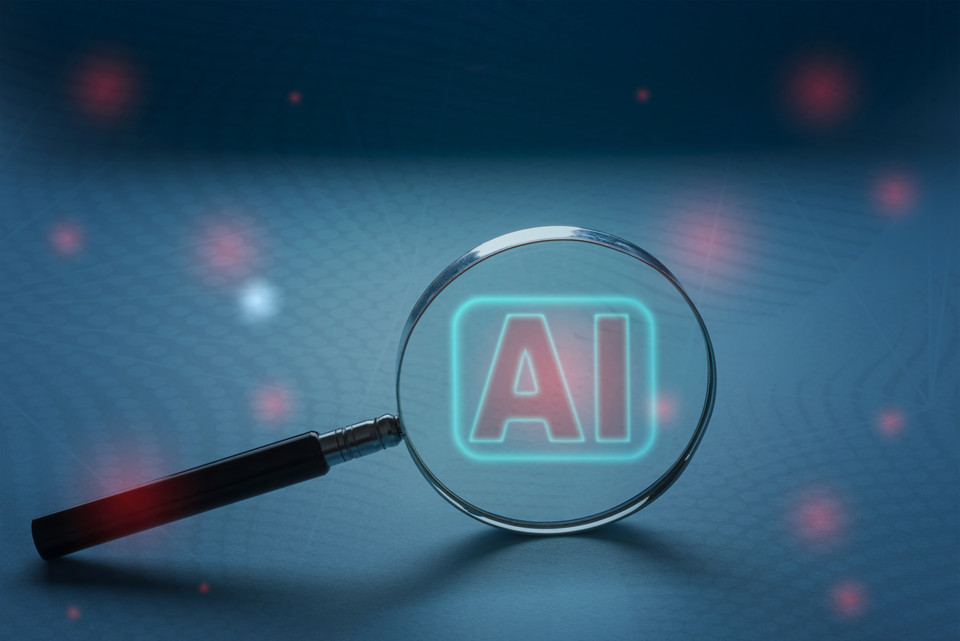AI Is More Than ChatGPT:
Four Misconceptions About Artificial Intelligence
Nov 27, 2025
Since ChatGPT's rise to prominence, artificial intelligence (AI) has become ubiquitous, most often in connection with language models, such as chatbots. However, what is often overlooked is that AI can do much more. It supports complex decision-making and optimizes processes in industries such as manufacturing, logistics, finance, and telecommunications. The Aachen-based software company INFORM debunks four common misconceptions about AI and illustrates where it adds practical value.

- Misconception 1: AI equals ChatGPT.
Language models, such as ChatGPT, are currently at the center of public attention. These models can write texts, generate code, and create images, impressively showcasing the potential of modern AI. However, these models are only one part of a much larger field. Artificial intelligence encompasses a broad range of methods, including machine learning, optimization, simulation, and rule-based systems. In practice, AI has been ensuring efficient, coordinated processes in industries such as aviation and manufacturing for many years through these approaches. Therefore, AI is much more than ChatGPT and has long been an integral part of many industries. - Misconception 2: AI will replace all human decision-making.
The idea that AI can completely take over the decision-making process is overly simplistic. In practice, AI is typically used as an assistive system that analyzes data, evaluates scenarios, and generates recommendations. In workforce planning, for example, AI can create optimized shift schedules, but the final decision rests with humans, especially when social factors or last-minute changes arise. Rather than replacing people, AI supports them in making better and faster decisions. - Misconception 3: AI is a black box that cannot be explained.
Not all AI systems operate in secrecy. Beyond complex language or image models, many approaches produce transparent, explainable decisions. In highly regulated industries, such as finance, explainable hybrid models are used that combine rule-based and learning components. This makes it possible to trace why a transaction was flagged as suspicious. Thus, AI is not necessarily a black box – the key lies in choosing the right technology. - Misconception 4: AI is only relevant for digital pioneers.
AI has long created value beyond the tech sector. In vehicle logistics, for example, AI optimizes car loading processes. In the maritime industry, it shortens turnaround times. In retail, it improves sales forecasts. The benefits range from saving time and costs to increasing sustainability and resilience. Therefore, AI is not a futuristic topic reserved for digital pioneers — it is already a key competitive factor across many industries today.
Conclusion:
Artificial intelligence is not a monolithic system, but rather a toolbox. Companies that select the right method for each specific application will be successful. A differentiated view of AI can boost efficiency, improve decision quality, and secure crucial competitive advantages.
